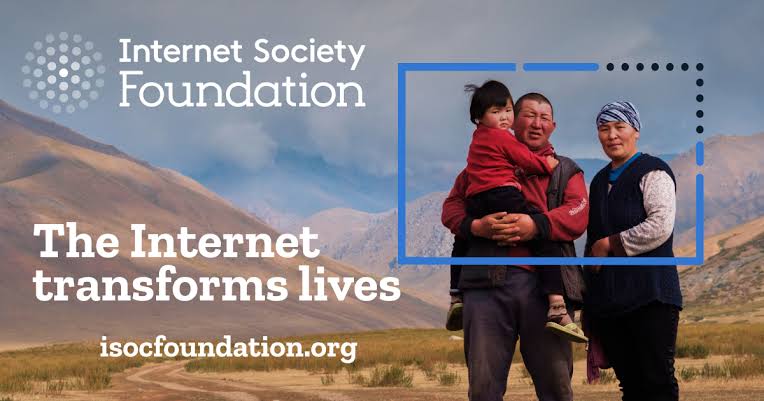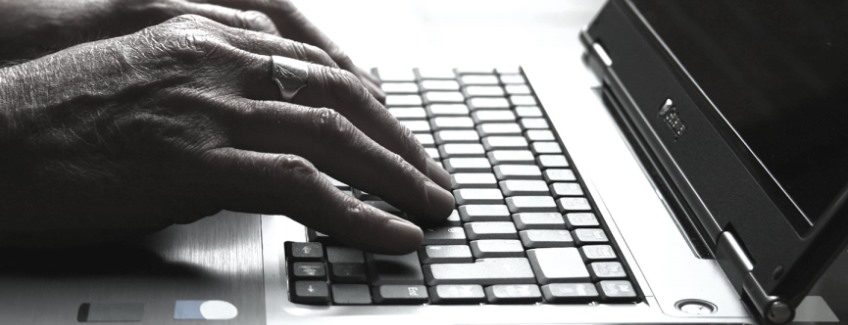Special Report: Rating Internet Service Providers in Kenya
A recent report on the quality of service of internet service providers across select African countries has been released. In this report, we will look at the Kenyan market according to the internet and connectivity speed tester Ookla in its market analysis for Kenya, ranking the country’s fastest internet service providers (ISPs).
The analysis only takes into account top providers of internet services in the country, ones which account for 3% or more of total test samples in the market in Q2 of 2021 – smaller providers are not tested.

All providers are ranked based on their Speed Score, which incorporates a measure of each provider’s download and upload speed to rank network performance (90% of the final Speed Score is attributed to download speed and the remaining 10% to upload speed because online experiences are typically more affected by download speed).
Read also:‘Big Business and Small Business Need Each Other Now More Than Ever’
Ookla places the most emphasis on the median speeds as those represent what most network providers’ customers will experience on a day-to-day basis.
Kenyan ISPs Ranked by Fastest Fixed Broadband Internet Speed:
5. AccessKenya
Speed Score – 7.75
First established in 1995 as Commsol, later renamed AccessKenya in 2000. The firm is one of the country’s leading corporate ISPs with headquarters in Nairobi.
AccessKenya offers FTTB (Fibre-to-the-Business) options with speeds from 512Kbps at price on request in both monthly and yearly plans.
The company also ranked last in terms of mean latency and second last in terms of connection consistency.
4. Unwired Communications Limited
Speed Score – 8.83
An ISP based in Nairobi and founded in 2008. Unwired Communications is the leanest and youngest of Kenya’s top ISPs, with only about 25 regular employees.
Read also:Nigerian Startups Lead African Startup Expansion Efforts In 2021, With Fintech Topping The List
The company provides cost-effective data services to both residences and businesses in Kenya through broadband internet, virtual private networks (VPNs) and even structured cabling solutions.
Their customer base is mostly wholesalers at 80%, with the remaining 20% being private residences. Unwired’s services can range from 1Mbps wireless from at little as Ksh50, up to 6Gbps lines. Its packages are flexible and customer-depending.
Unwired Communications ranked last in terms of connection consistency but ranked 1st in terms of least latency.
3. Telkom
Speed Score – 9.03
Established in Kenya in 1999, Telkom was one of the country’s first telecommunications providers. The semi-private company is 60% owned by Helios Investment partners with the rest of the shared owned by the Government of Kenya.
Telkom Kenya offers a wide range of products to customers, including Data Centre Solutions, Cloud, Managed Services, Connectivity, Broadband, Carrier-to-Carrier traffic and Backbone Infrastructure to corporates. Telkom also offers mobile data, mobile payment solutions and even devices.
Internet plans for private residences start at 5GB cap daily data for Ksh250, up to 100GB for 90 days at Ksh6000. Telkom Kenya’s 4G download speeds are around 53Mbps.
Telkom ranked 3rd for both connection consistency and latency.
2. Safaricom
Speed Score – 11.51
Ubiquitous Kenyan telecom group Safaricom is the uncontested leader for the country’s telecommunications sector.
Founded in 1993, Safaricom provides a large bouquet of services and solutions, from M-Pesa to mobile devices and all in-between.
Read also:Nigeria’s Terragon Verified as Leader in Data and Marketing Technology
Its home fibre packages start at Ksh2999 pm for 8Mbps, to Ksh13,549 pm for 100Mbps in its Diamond Plus fibre package that includes 5G mobile data as well.
Safaricom has the second most latency on its network but has the second-most consistent network connection.
Faiba
Speed Score – 23.19
The fastest ISP in Kenya by a significant amount, according to Ookla’s Speed Score.
Faiba is the fibre optics internet branch of Jamii Telecommunications Limited. It offers FTTH (Fibre-to-the-home) and FTTB plans.
Home plans start at 30Mbps for Ksh5250 pm, up to 125Mbps for Ksh21,000 pm. Business plans start at 15Mbps for Ksh10,000, to 100Mbps for Ksh55,000.
Faiba also has the most consistent connection by a wide margin and has the second least latency out of the other top Kenyan ISPs.
Kelechi Deca

Kelechi Deca has over two decades of media experience, he has traveled to over 77 countries reporting on multilateral development institutions, international business, trade, travels, culture, and diplomacy. He is also a petrol head with in-depth knowledge of automobiles and the auto industry













